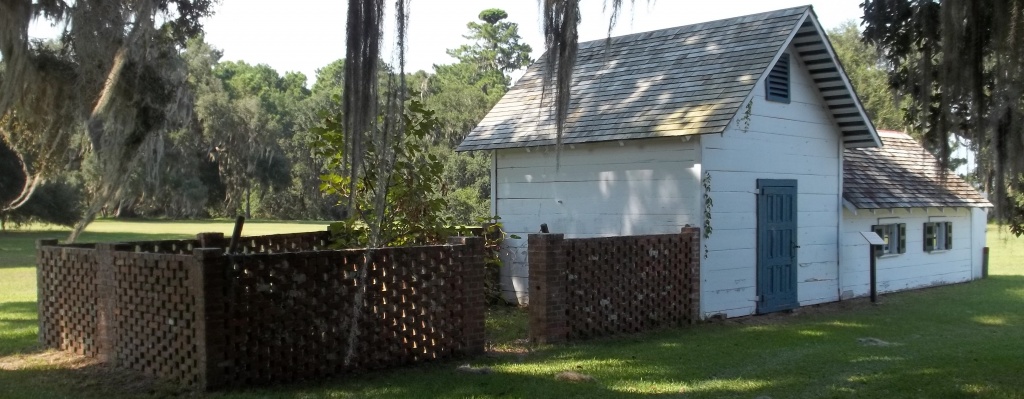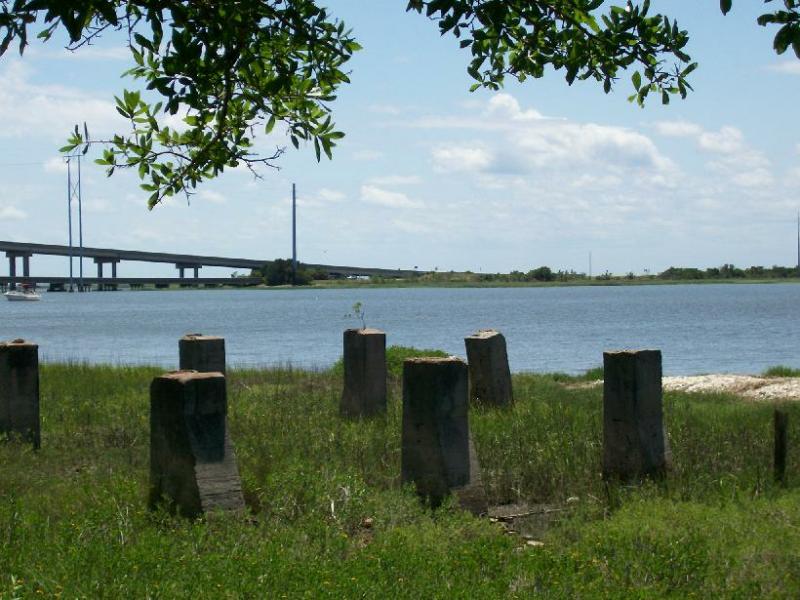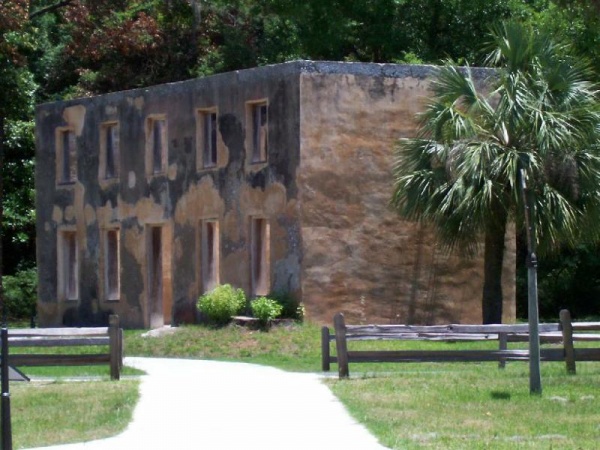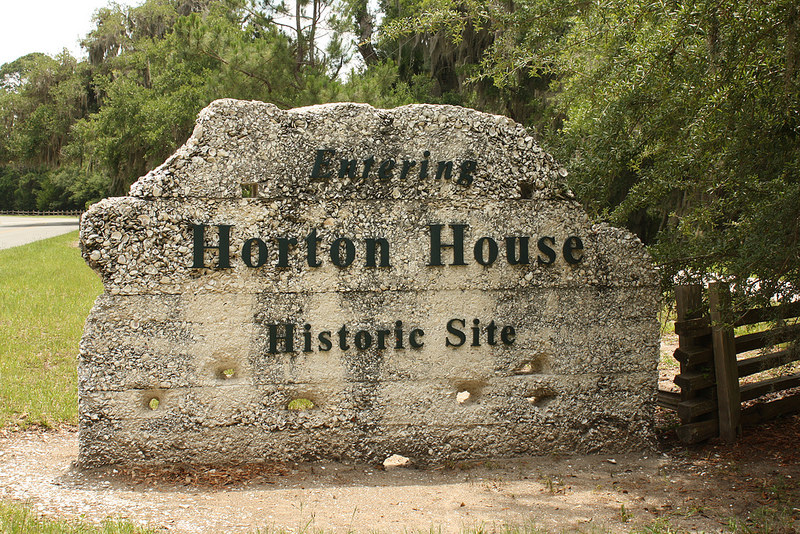Horton House Jekyll Island

Horton House Jekyll Island: A Historic Gem!
The Horton House, Perched on the northern end of Jekyll Island, the Horton House stands as one of Georgia’s oldest surviving tabby concrete structures and a significant reminder of the state’s colonial past. Built in 1743 by Major William Horton, this house and its surrounding ruins offer a glimpse into the life of one of the most influential figures in early Georgia history.
The History of the Horton House
Major William Horton, a military aide to General James Oglethorpe, built the house as his residence while managing a plantation on Jekyll Island. Horton played a vital role in the establishment of Georgia as a British colony. He was instrumental in defending the colony during skirmishes with Spanish forces and helped lay the groundwork for its agricultural and economic development.
The Horton House was constructed using tabby concrete, a durable mixture of lime, sand, water, and oyster shells, a technique commonly used in coastal Georgia during the colonial period. It served as Horton’s base of operations and a symbol of his prominence in the region.
After Horton’s death in 1749, the house changed hands several times and eventually became part of the Jekyll Island Club during the late 19th and early 20th centuries. Today, it is preserved as a historic site managed by the Jekyll Island Authority.
What to See at the Horton House
The House Ruins
The tabby walls of the Horton House still stand, offering a fascinating look at colonial construction techniques. Informational plaques provide historical context and details about the house’s architecture and its role in Jekyll Island’s history.The DuBignon Cemetery
Located nearby is the DuBignon Cemetery, the family burial ground for the DuBignon family, who owned Jekyll Island before it became a playground for America’s wealthy elite. The cemetery is a quiet, reflective spot that adds depth to the island’s layered history.Scenic Surroundings
The Horton House is surrounded by the natural beauty of Jekyll Island’s maritime forest and salt marshes. Its location provides a tranquil setting for photography, picnics, or simply enjoying the coastal scenery.Guided and Self-Guided Tours
Visitors can explore the Horton House and its grounds on their own or as part of a guided tour that delves into the life of William Horton, the house’s unique construction, and its historical significance.



Park Fees And Details
The Horton House
A visit to the ruins of Horton house is a walk back in time to experience the Georgia colonial era,
Horton House is a historic site on Riverview Drive in Jekyll Island, Georgia.
The tabby house was originally constructed in 1743 by Major William Horton, a top military aide to General James Oglethorpe. Horton also brewed beer in Georgia’s first brewery.
This structure has been meticulously preserved over the past 100 years as an example of coastal Georgia building techniques and as one of the oldest surviving buildings in the state. Across the street from the Horton House ruins is the du Bignon cemetery, a tabby wall surrounding the graves of five people Ann Amelia du Bignon, Joseph du Bignon, Marie Felicite Riffault, Hector deLiyannis, and George Harvey. Horton House, the Brewery Ruins, and the cemetery were added to the National Register of Historic Places in 1971.
The house is one of the oldest surviving buildings in Georgia
Admission is free
Why Visit the Horton House?
The Horton House offers a captivating blend of history, architecture, and natural beauty. Whether you’re a history buff interested in Georgia’s colonial roots or a traveler seeking unique experiences, this site is a must-see on Jekyll Island.
Step back in time to explore the life of one of Georgia’s early pioneers and gain a deeper appreciation for the enduring legacy of this coastal treasure. The Horton House isn’t just a ruin—it’s a window into the spirit of the past and the resilience of Georgia’s early settlers.
Visitor Information
- Location: Riverview Drive, Jekyll Island, Georgia
- Hours: Open daily during daylight hours
- Admission: Free (Jekyll Island access fees apply)
